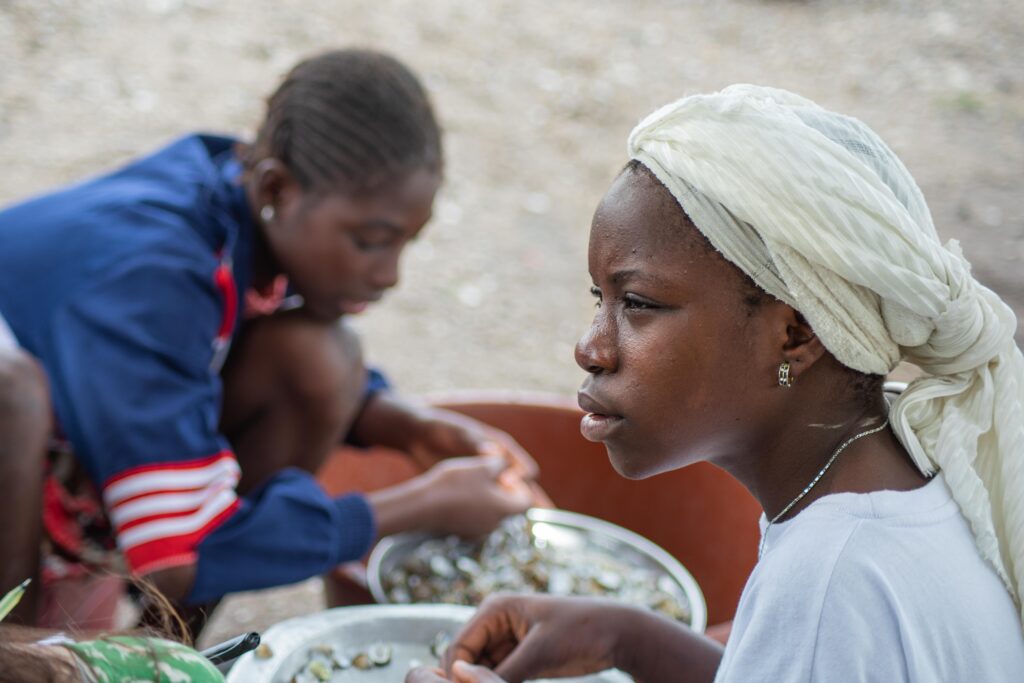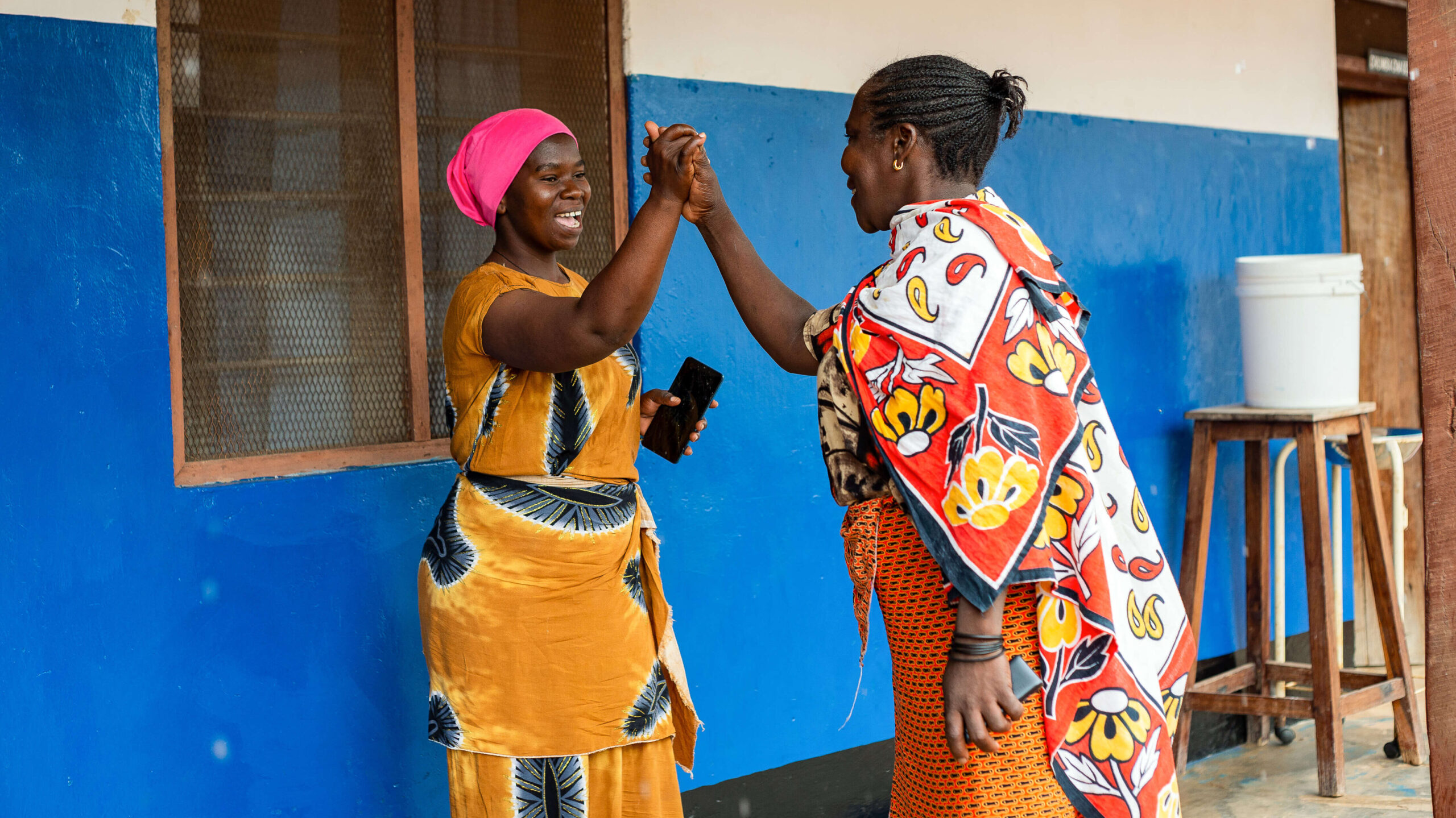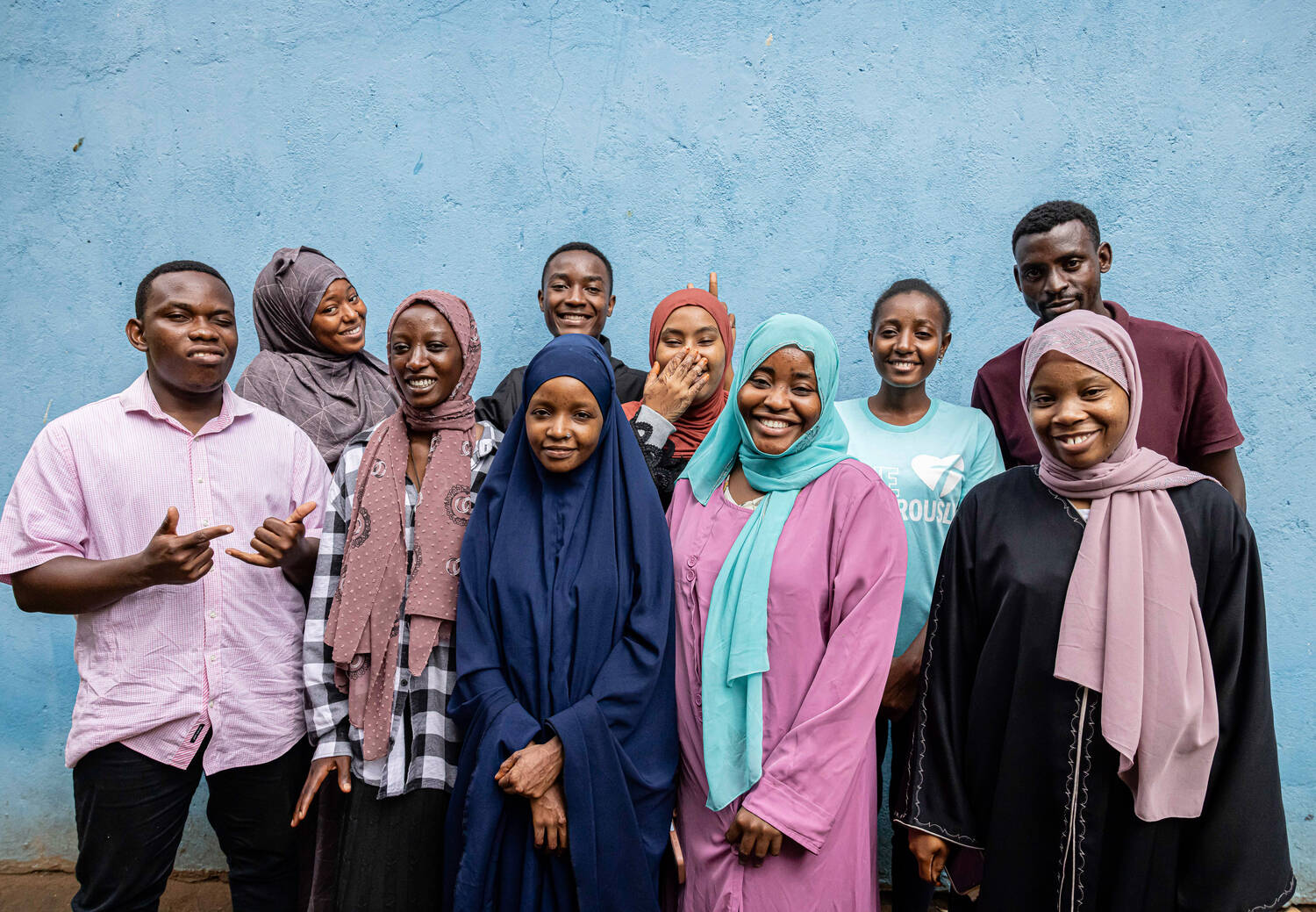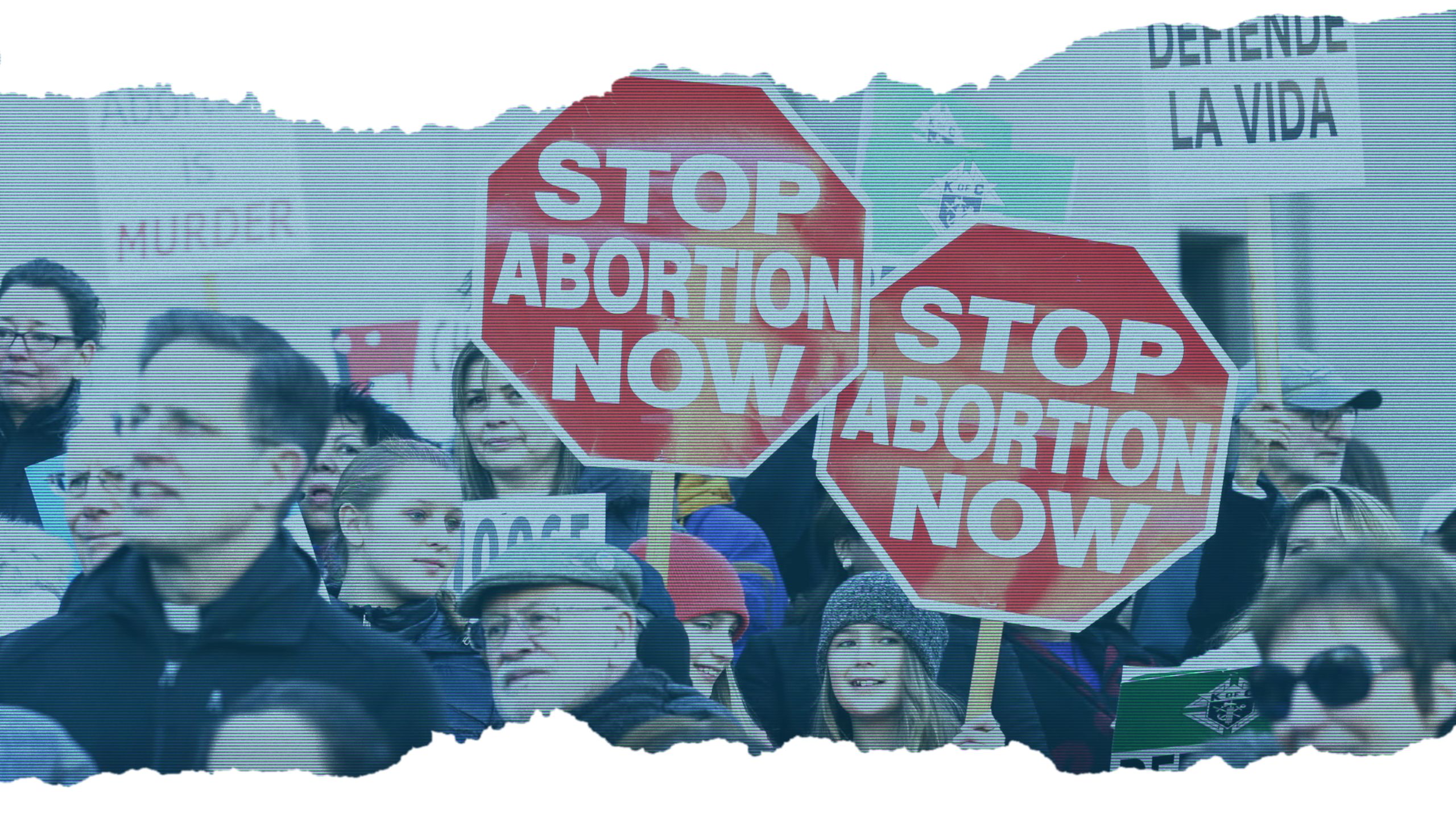
As world leaders gather for COP29 in the wake of Trump’s election win, MSI Reproductive Choices is calling for investment in women and girls’ sexual and reproductive health to build their resilience and support them to adapt.
London, 14th November 2024:
As world leaders gather for COP29, MSI Reproductive Choices warns that 14 million women are at risk of losing access to contraception in the next decade due to climate-related displacementi.
New analysis from MSI across 30 countries where it works has found that since 2013 nearly 10 million women have had their access to contraception disrupted due to climate-related displacement. Unless contraceptive access is protected, the global safe abortion and contraception provider expects a further 14 million women to lose access over the next decade (2025-2035), with devastating consequences:
- 17 million unintended pregnancies,
- 20,000 maternal deaths,
- 6 million unsafe abortions.
Women’s futures are at stake
When drought hits or harvests fail, women have to walk further and work harder to find food and water for their families. In some cases, they’re forced to flee their homes and the risk of sexual violence increases.
Facing gendered discrimination, lower incomes and poorer access to food and other resources, the UN has warned that women and girls will suffer for longer and more severely from climate shocks and disasters. With women making up 80% of people displaced by climate changeii, it’s essential that they’re able to prevent unintended pregnancy while they navigate challenges like natural disasters, displacement, and lack of food.
In Zambia, severe drought has led to widespread crop failures leaving millions who depend on maize and agriculture for their very survival, facing starvation and hunger. When it does rain, the dried-out ground is unable to absorb the moisture, making flooding more likely. This is deteriorating road networks and disrupting the delivery of essential healthcare, including contraception.
Speaking at COP29, Namakando Simamuna, programmes and partnerships officer at MSI Zambia, said:
“On the frontline of the climate crisis women and girls are telling us loud and clear that they want control over if and when to become pregnant to finish their education and help find solutions to the challenges they are facing.
“MSI’s outreach teams hear desperate stories from families struggling to feed their children. In the Southern Province of Zambia where drought has decimated crops, one headteacher even came to us for help because girls at their school were being driven to have sex with men in exchange for food and money, with around two girls resorting to unsafe abortions every month.
“To give these women and girls the best chance to adapt to the changing climate, we are calling for investment into sexual and reproductive healthcare for those living in the most climate-affected communities. The recent US election has given this call more urgency than ever before. With the expected reimposition of the Global Gag Rule and expansion of its scope through Project 2025, political leaders and donors must prioritise sexual and reproductive healthcare to ensure that women and girls are not left behind.”
Notes to Editor
For interviews and further information please contact:
Email: [email protected]
Tel: +44 (0)7769 166 516
About MSI Reproductive Choices
MSI Reproductive Choices is a global reproductive healthcare provider serving over 93,000 women and girls every day with contraception, abortion and post-abortion care.
At the COP29 climate conference, MSI, the Margaret Pyke Trust and Population Services International are hosting a side event on Friday 15 November, with speakers from the Government of Pakistan, MSI Zambia, SEWA, Population Council, Women in Africa Initiative and Reproductive Health Uganda to call for governments and donors to increase climate financing that includes dedicated support for sexual and reproductive health and rights.
i Modelling uses data from the Internal Displacement Monitoring Centre, DHS data for 30 of the countries that MSI works in (Afghanistan, Bangladesh, Bolivia, Burkina Faso, DRC, Ethiopia, Ghana, India, Kenya, Madagascar, Malawi, Mali, Mexico, Mongolia, Myanmar, Nepal, Niger, Nigeria, Pakistan, PNG, , Senegal, Sierra Leone, South Africa, Tanzania, Timor-Leste, Uganda, Vietnam, Yemen, Zambia, and Zimbabwe) and MSI’s IMPACT2 tool.
ii https://www.un.org/en/climatechange/science/climate-issues/women








